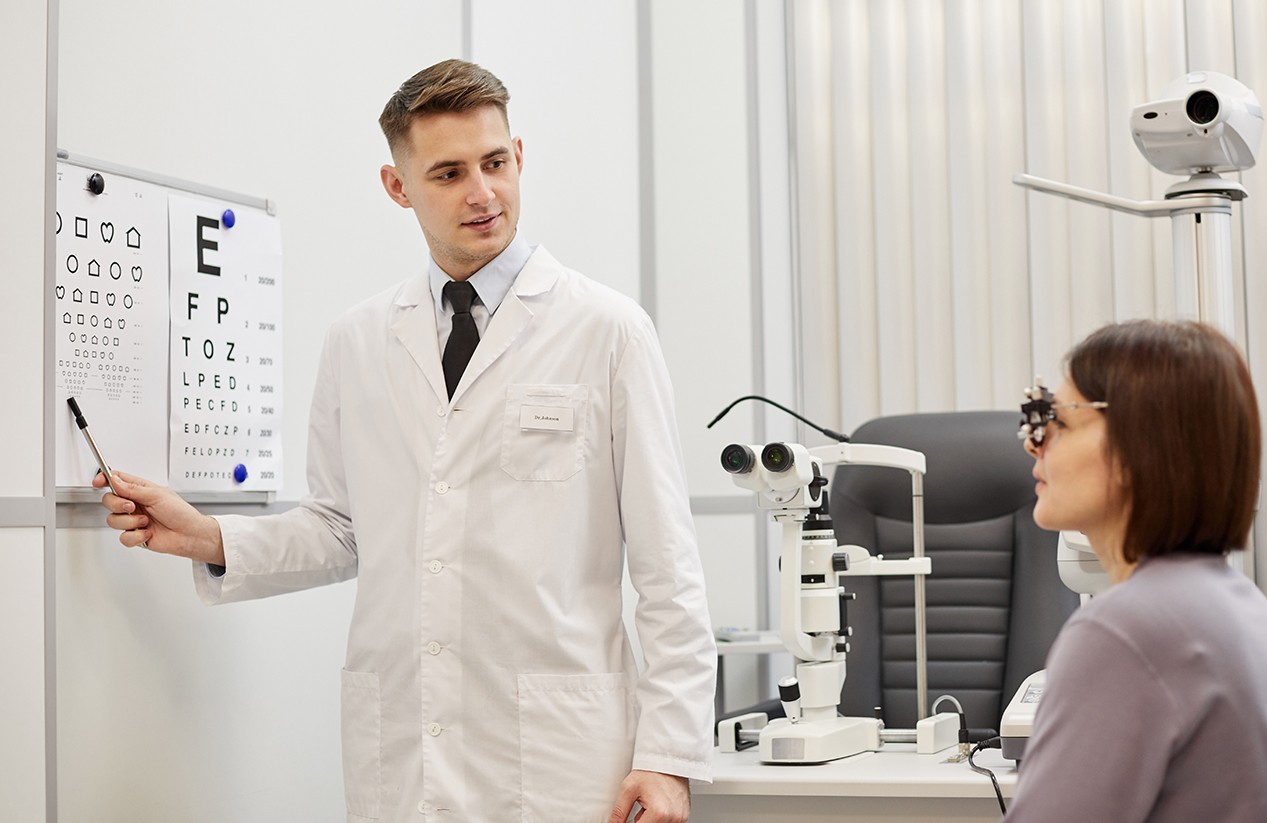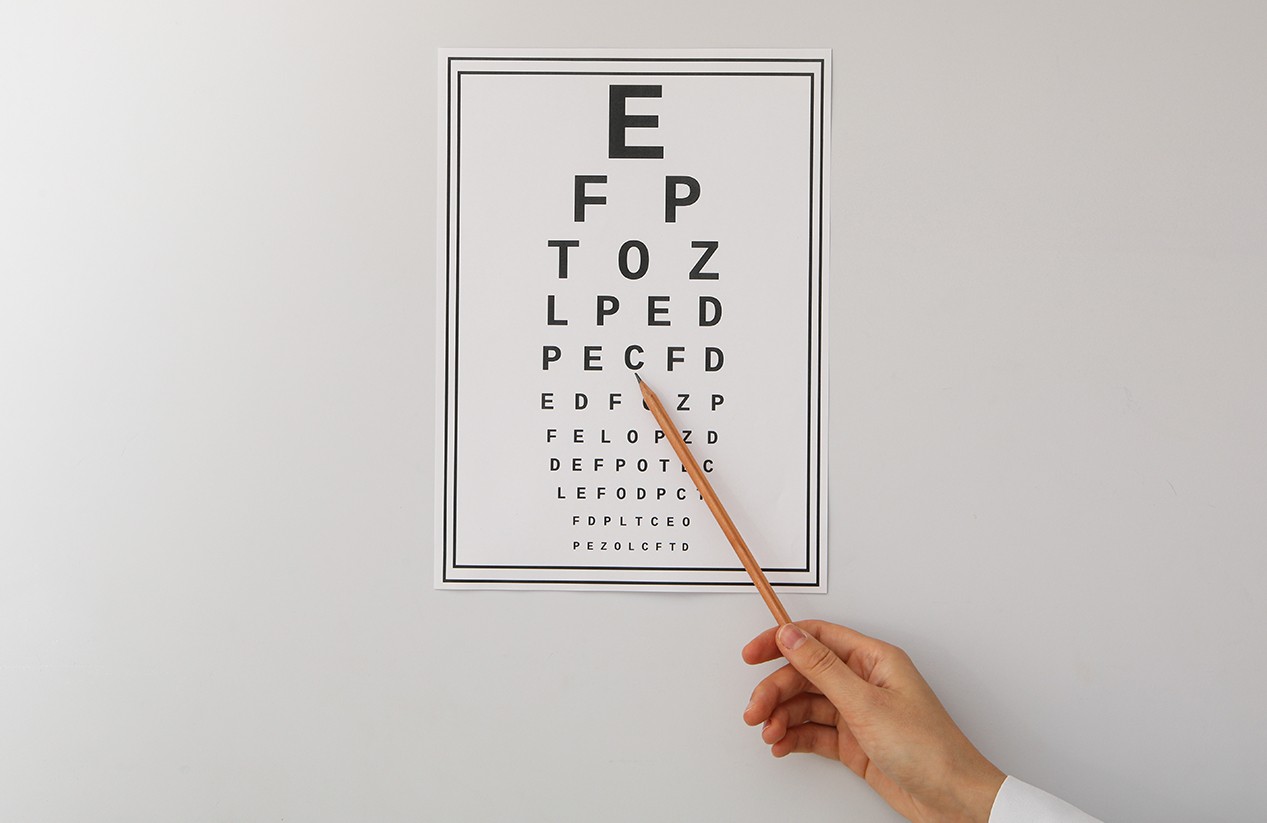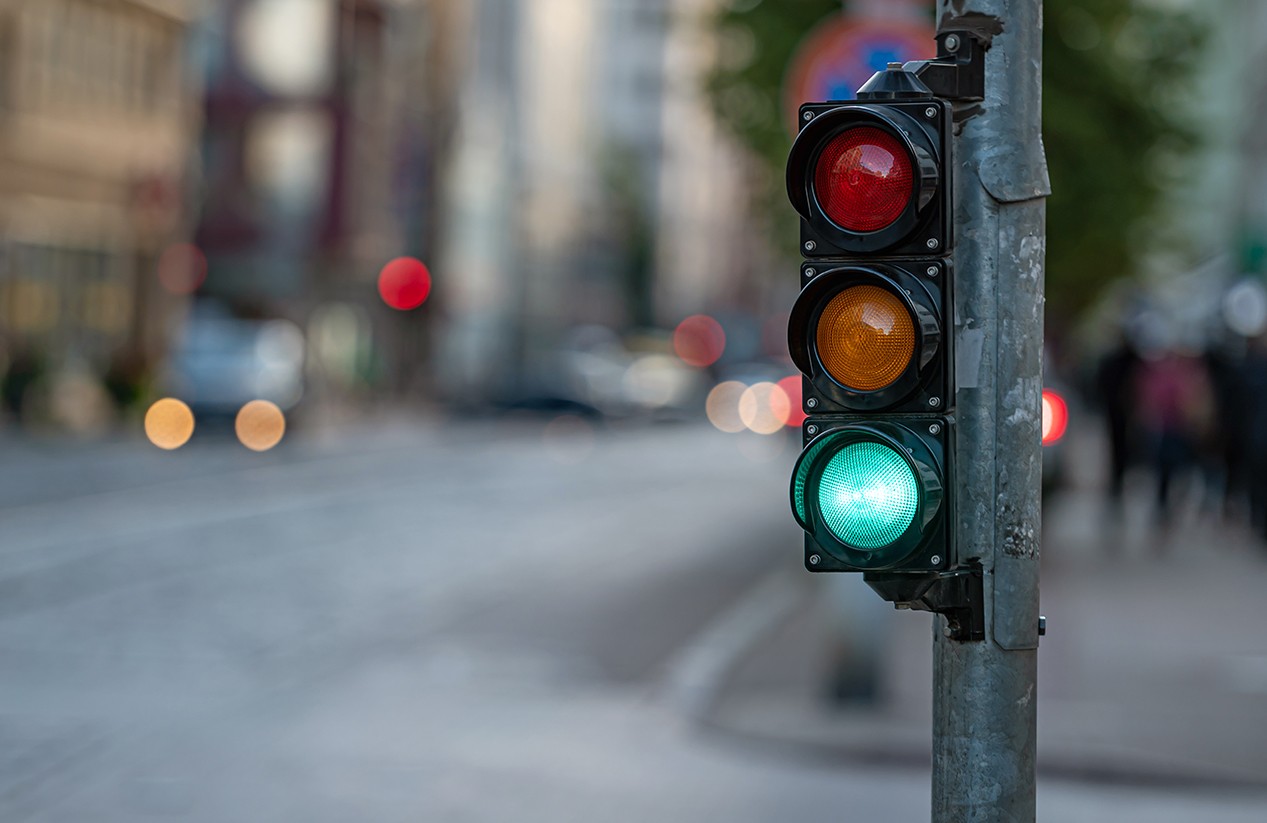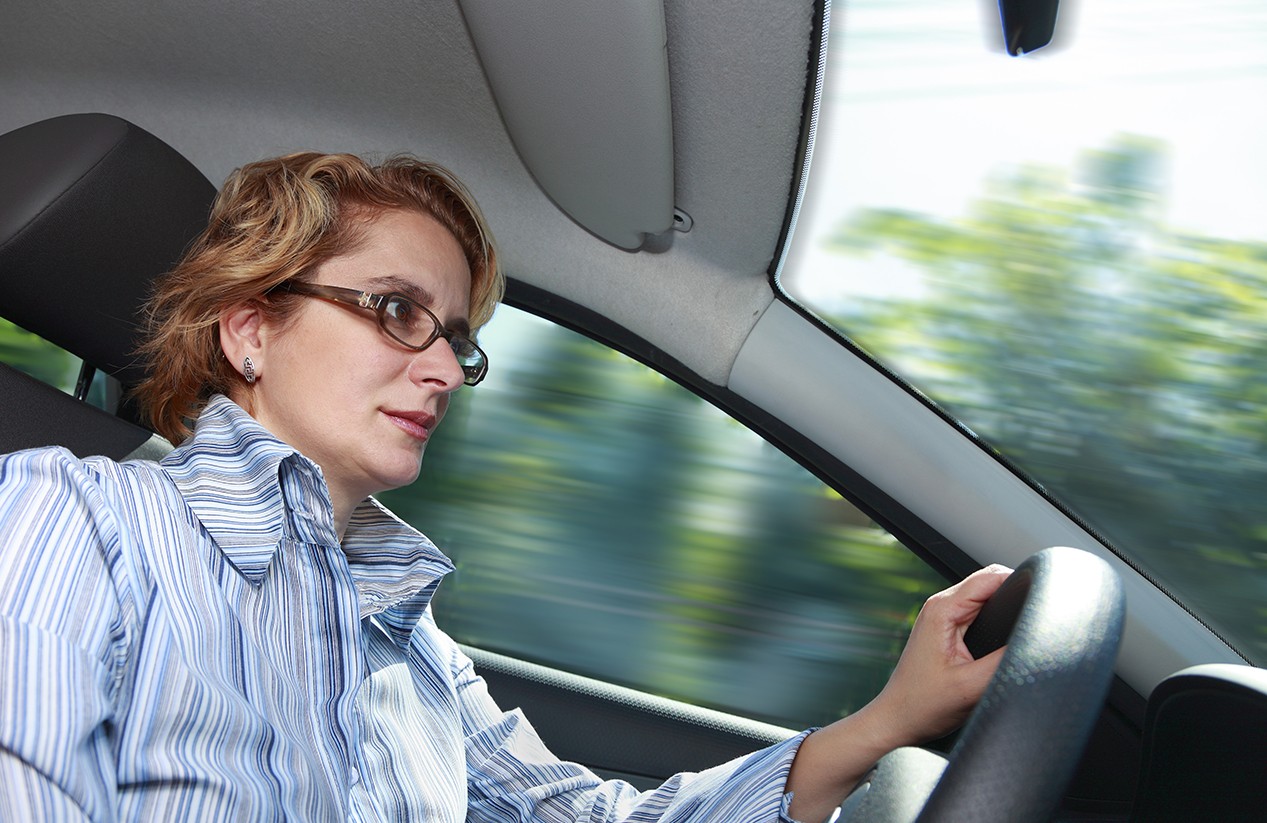- GlassesShop By FrameShop By StyleFeatured












Just hearing the words “DMV appointment” is enough to make anyone nervous — especially the vision test. Whether you’re getting your first license or renewing an old one, that moment where you stare at a distant eye chart always raises the question: Do I need to wear my glasses?
The answer is simple: Yes. Wear them.
The DMV vision test is designed to check how well you see when you actually drive, and that includes using your glasses or contacts if you normally rely on them. It’s not a trick, and it’s not about having perfect eyesight — it’s about making sure you can see road signs, spot pedestrians, and react safely.
In this guide, EFE Glasses explains everything you need to know about wearing glasses for your DMV eye exam, what the test includes, and how to prepare so you feel confident instead of stressed.
The DMV vision test is a quick evaluation to make sure your eyesight meets minimum driving vision standards. Everyone renewing or applying for a driver’s license must take it.
You’ll be tested on your ability to:
Read signs clearly
Detect movement
Identify objects within your surroundings
The DMV vision screening doesn’t expect flawless eyesight. It simply checks whether your corrected vision (with glasses or contacts) is safe for driving. Usually, the exam takes just a few minutes. Passing means your eyesight is sufficient to navigate traffic safely.
If glasses help you see clearly behind the wheel, then those same glasses should be worn during the DMV test — the results should reflect your real driving vision.

If you use prescription glasses or contacts for driving, you should absolutely wear them during the test.
Here’s why:
The DMV wants to check your actual corrected vision, not your bare eyesight
Your license will simply include a note: “Corrective lenses required”
Wearing glasses improves accuracy, reduces stress, and helps you pass more easily
It’s not a penalty; it’s just a safety requirement. Bringing your glasses ensures the test reflects how you normally see on the road.
EFE Glasses recommends always having an up-to-date prescription so your vision is sharp during the exam.
Most DMV vision tests include three parts — all simple and straightforward.
You’ll be asked to read letters or symbols from a distance. Most states require 20/40 vision or better with corrective lenses.
This part checks that you can:
Read road signs
Recognize hazards
See details clearly from a distance
A few blinks, a deep breath, and you’re good.

Your side vision helps you notice cars, cyclists, or pedestrians approaching from outside your direct line of sight.
The DMV may ask you to:
Look ahead while indicating where a light flashes
Point out moving objects from the corners of your vision
It feels quick and easy, but it’s crucial for safe driving.
Traffic lights depend on color recognition, so you may see a colored chart or small lights and be asked to identify:
Red
Green
Yellow
This ensures you can differentiate key driving signals.

Vision changes slowly, and outdated lenses can make fine print blurrier than you think.
If it’s been a while, get a fresh exam before your DMV appointment.
After updating your prescription, explore comfortable driving-friendly frames at EFE Glasses, designed to stay secure and provide clear peripheral visibility.
Dust, fingerprints, and smudges can make letters harder to read.
A quick wipe can dramatically improve clarity.
EFE Glasses offers multiple lens coating upgrades, including anti-scratch and anti-reflective options, which help keep your vision crisp.
Ill-fitting frames can slide down, block your view, or distract you during the test.
Look for:
Secure nose pads
Lightweight materials
Frames that stay in place
EFE Glasses’ Virtual Try-On feature makes it easy to find a frame that fits and feels right.

Q: What happens if I fail the DMV vision test?
A: No panic needed. The DMV will refer you to an eye doctor for a proper exam and updated prescription.
Q: Can I wear contacts instead of glasses?
A: Yes. Contacts are fully acceptable. Your license will simply note that corrective lenses are required.
Q: Are all DMV vision requirements the same across the U.S.?
A: Requirements are similar, but not identical. It’s smart to check your state’s DMV website before your appointment.
If you normally wear glasses, then yes — you should absolutely wear them for the DMV vision test. Keeping your prescription up-to-date, cleaning your lenses, and ensuring a good frame fit will make the test easier and help you feel more prepared.
Clear vision leads to confident driving, and brands like EFE Glasses provide stylish, comfortable frames that help you stay safe and see clearly every time you get behind the wheel.

